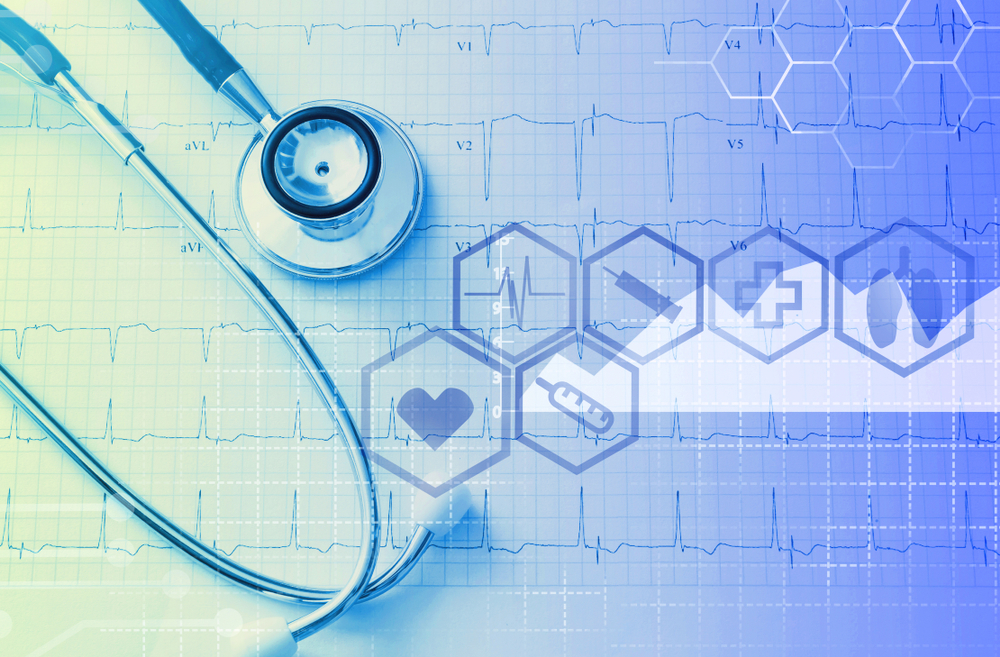In no area of life is information more critical than in health. ‘Healthcare today is characterized by more to know, more to manage, more to watch, more to do, and more people involved in doing it’ (Institute of Medicine, 2001). Errors in health systems are often reported in the media. Many of these are initiated by misinformation, miscommunication, misfiling, mishandling, misplacing, mislabelling, while some others are simply due to inadequate or inappropriate resource allocation.
‘There are estimated to be over 1. 2 million doctor-patient interactions in major hospitals in Ireland each year. Statistics from other countries indicate that 10 per cent of patients’ experiences of healthcare systems can result in adverse events, with possibly one per cent having fatal consequences’ (irishhealth. com, April 2009). There appears ‘to be no precise figures for Ireland at present outlining the true incidence of adverse events directly related to treatment. Medication errors increased from 5, 436 to 6, 785 while treatment incidents increased from 3, 808 to 5, 373’ and the ‘number of reported records/documentation errors increased from 2, 650 to 5, 070 last year’ (irishhealth. com, April 2009).
‘Our current methods of organizing and delivering care are unable to meet the expectations of patients and their families because the science and technologies involved in health care – the knowledge, skills, care interventions, devices and drugs – have advanced more rapidly than our ability to deliver them safely, effectively, and efficiently’ (Institute of Medicine, 2001). There is now widespread international consensus and a growing body of evidence that information and communications technology (ICT) has the real potential to enable the delivery of a high-quality healthcare system where ‘the right patient, receives the right treatment, at the right time, for the right reason, in the right location, with the right outcome in real time, at the right price’ (http://endingthedocumentgame. gov/report. html).
Within the processes of healthcare such as diagnosis, prognosis, patient management, treatment and discharge, computer systems and information systems may be used by healthcare professionals (from allergists to oncologists to surgeons), patients and their families to inform their decision-making. Likewise, systems of this nature are being used by managers and planners who focus on how to improve the delivery of this care within and across healthcare organisations. Digital and mobile technologies are revolutionising healthcare delivery, providing healthcare professionals with access to your integrated healthcare information at the point of need. But health informatics involves more than just the technology – more than just using ICT to provide key stakeholders and allied healthcare professionals (such as health insurance providers, medical device and drug manufacturing companies) with access to accurate, timely and secure information.
Health informatics also encompasses:*analysing current activities and processes within healthcare delivery systems*taking a scientific approach to information, which includes how we represent data, information and knowledge within systems, how we communicate this knowledge within the practice of healthcare and how we manage and measure the outcomes*liaising with healthcare professionals to identify their requirements and expressing these requirements in a form that facilities the delivery of solutions that match strategic healthcare needs*designing, developing, testing, and deploying information systems and computer systems to primarily support electronic health record management, patient monitoring, medical imaging, healthcare decision-making, medical diagnostics, telemedicine and telehealth care, performance improvement, billing and scheduling*applying best practices in project management in healthcare settings*evaluating the opportunities and limitations of ICT and of its impact in improving the efficiency and costeffectiveness of healthcare *utilising business intelligence tools where the focus is on finding and extracting useful patterns of information to gain a deeper understanding of healthcare issues and needs; for example, how different types of patients respond best to different treatments.
All the while being cognisant of the fact that health informatics is not solely a technical discipline but focuses on the relationship between the technology and its use in real-world settings i. e. solutions are designed in context, taking into account the social, ethical, cultural, legal and regulatory factors and the organisational settings in which ICT will be used in healthcare sectors
. . . . but where can I find employment?
The health informatics specialist will:· formulate, plan, and implement healthcare information technology strategy· engage with a range of stakeholders including healthcare professionals and information technology professionals to identify the need for communication, information, and knowledge systems in a variety of healthcare settings· express these requirements in a form that facilities the delivery of solutions that match strategic healthcare needs· develop, deploy and manage health information systems and computer systems· undertake the acquisition, analysis and management of healthcare data, information, and knowledge using ICT· conduct training demonstrations, workshops, and research.
Since health informatics covers a broad spectrum of applications in the areas of patient care, health education, research, and administration there are many opportunities for graduates to work in different settings within:· Health informatics and medical software companies e. g. Cerner, dabl, Exodus Software, GE Healthcare, Helix Health, iAppLogic, Intelligent Health Systems, iSoft, Lincor Solutions, Quantum Health, Spacelabs Healthcare·
ICT-based companies that develop health care software applications as part of their activities e. g. Cisco, Google, HP, IBM, Intel, Microsoft, Oracle, Philips, SAP· Hospitals and other healthcare organisations· Pharmaceutical companies and medical device companies· Government and non-governmental agencies· Public health organisations· Consultancy companies· Education and researchTypical employment roles include:· Healthcare IT Project Manager· Health Systems Developer· Health/Clinical Information Manager· Health/Clinical Information Analyst· Clinical Information Systems Specialist· Health Information Security Manager· Human Factors Specialist· Healthcare Webmaster· Healthcare IT Strategist· Health Systems Trainer· Quality Improvement Coordinator· Systems Administrator· Academic/Researcher
… and where can I find a course?
If you are interested in making a difference to the lives of patients/clients and the healthcare professionals who treat them, enjoy working with others, like problem solving, critical thinking and using computers, then you may wish to consider applying for the BSc in Health Informatics (Course code: LM023). Further information on these programmes can be obtained by contacting:Annette McElligottTel: 061-202724Email: annette. mcelligott@ul. ieor by visiting http://www. csis. ul. ie/course/LM023/












Comments